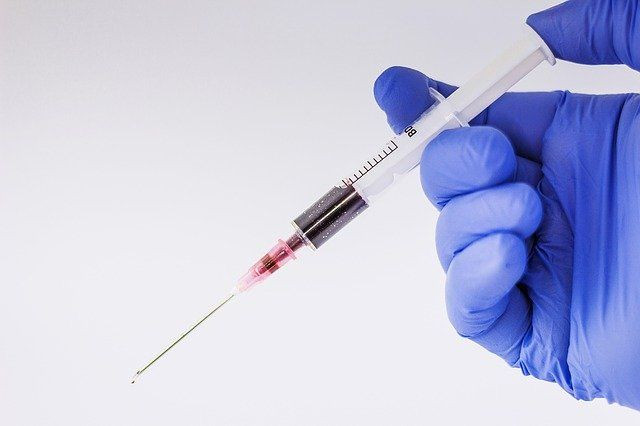Man Allegedly Kills Wife By Injecting Cyanide Solution Into Her IV Drip Bottle
A man was arrested Sunday for allegedly killing his wife by injecting a cyanide solution into her intravenous drip bottle while she was hospitalized last month.
The alleged murder came to light when a forensic report indicated Friday that the 34-year-old victim, Urmila Vasava, from Ankleshwar, a town in the western Indian state of Gujarat, had died after being injected with cyanide.
Police then arrested her husband, Jignesh Patel, on charges of murder. Investigators reportedly found evidence of Patel obtaining a cyanide tablet from the factory he worked in, reported The Times of India. Vasava and Patel, who were married for almost seven years, reportedly had issues between them.
Vasava was hospitalized on July 8 after complaining of chest pain. While at the hospital, Patel allegedly injected her IV drip bottle with a solution he had created using the cyanide tablet from his workplace.
"When the victim was undergoing treatment, the accused stealthily took out a cyanide tablet and made a solution out of it. He then injected the solution into the drip bottle attached to her using a syringe when the doctors and other hospital staff were not present there," an investigating officer said as per India Today.
Vasava died as soon as the cyanide solution entered her body, and police filed a case of accidental death.
However, when police received the report from the forensic sciences laboratory indicating that Vasava had died due to cyanide, they registered a murder case against Patel.

In March, a 39-year-old mother was charged in Australia for allegedly injecting fecal matter into her 9-year-old son while undergoing treatment at a hospital in September 2014. A nurse at the hospital noticed the child was "very unwell" during one of her shifts and heard the boy complaining to his mother about injecting something in his cannula. When the child made the same complaint the following day, the nurse reported the incident to child protective services. Results of blood tests performed on the child at the time indicated the presence of E. coli in his blood. However, the mother denied the allegations, and her attorney argued that the presence of E. coli in the child's blood had likely been caused by accidental contamination.





















